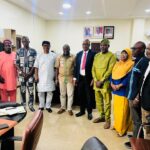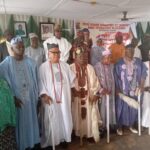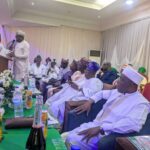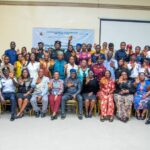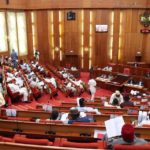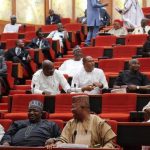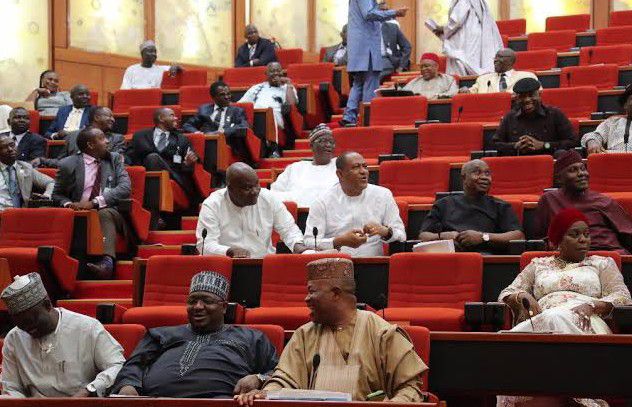
In a significant move aimed at enhancing educational accessibility and comprehension, the Nigerian House of Representatives has announced plans to translate basic science textbooks into major Nigerian languages. This initiative, spearheaded by Abubakar Hassan Fulata, Chairman of the House Committee on University Education, underscores a commitment to improving science education across Nigeria’s diverse linguistic landscape.
The announcement came during a meeting on Monday, where Fulata received a delegation from the German parliament. The delegation, led by Kai Gehring, Chairman of the Committee on Education Research and Technical Assessment, visited Nigeria to discuss scholarship programs available for West African students, particularly Nigerians, under the German government.
Gehring highlighted the importance of educational exchange and revealed that by 2025, selected Nigerian students would join the 4,000 Nigerian students currently studying in Germany. This initiative is part of a broader effort to foster educational ties and provide Nigerian students with opportunities to gain international experience and knowledge.
Fulata expressed profound gratitude to Gehring, the German parliament, and the German government for their ongoing support and partnership with Nigeria. He emphasized that Germany has been a longstanding partner in various development projects within Nigeria, with notable contributions from companies like Julius Berger Nigeria Plc.
Highlighting the core agenda of his committee, Fulata stated, “One of our primary objectives is the translation of basic science textbooks into major Nigerian languages. Nigeria is home to about 250 ethnic groups and languages. Our goal is to translate these essential educational materials into approximately 10 major Nigerian languages.” Fulata, drawing from his experience as a former lecturer, noted that teaching sciences in students’ mother tongues would significantly enhance their understanding and academic performance.
ALSO SEE: ‘Police is Our Friend’ – Portable Becomes Ambassador Days After Arrest
In addition to the textbook translation project, Fulata urged the German government to consider establishing a German language center in Nigeria. He pointed out that similar centers for French and Arabic already exist in the country and play a crucial role in promoting linguistic and cultural exchange.
The translation of science textbooks into local languages is expected to have a transformative impact on Nigeria’s educational system. By making scientific knowledge more accessible to students in their native languages, this initiative aims to bridge the gap in science education, foster a deeper understanding of scientific concepts, and ultimately contribute to the country’s overall educational development.
This move by the House of Representatives reflects a broader strategy to leverage linguistic diversity as a tool for educational improvement. As Nigeria continues to navigate its unique educational challenges, initiatives like this are essential for creating an inclusive and effective learning environment for all students.
With ongoing support and collaboration from international partners like Germany, Nigeria is poised to make significant strides in its educational sector, ensuring that more students have the resources and opportunities they need to succeed.

